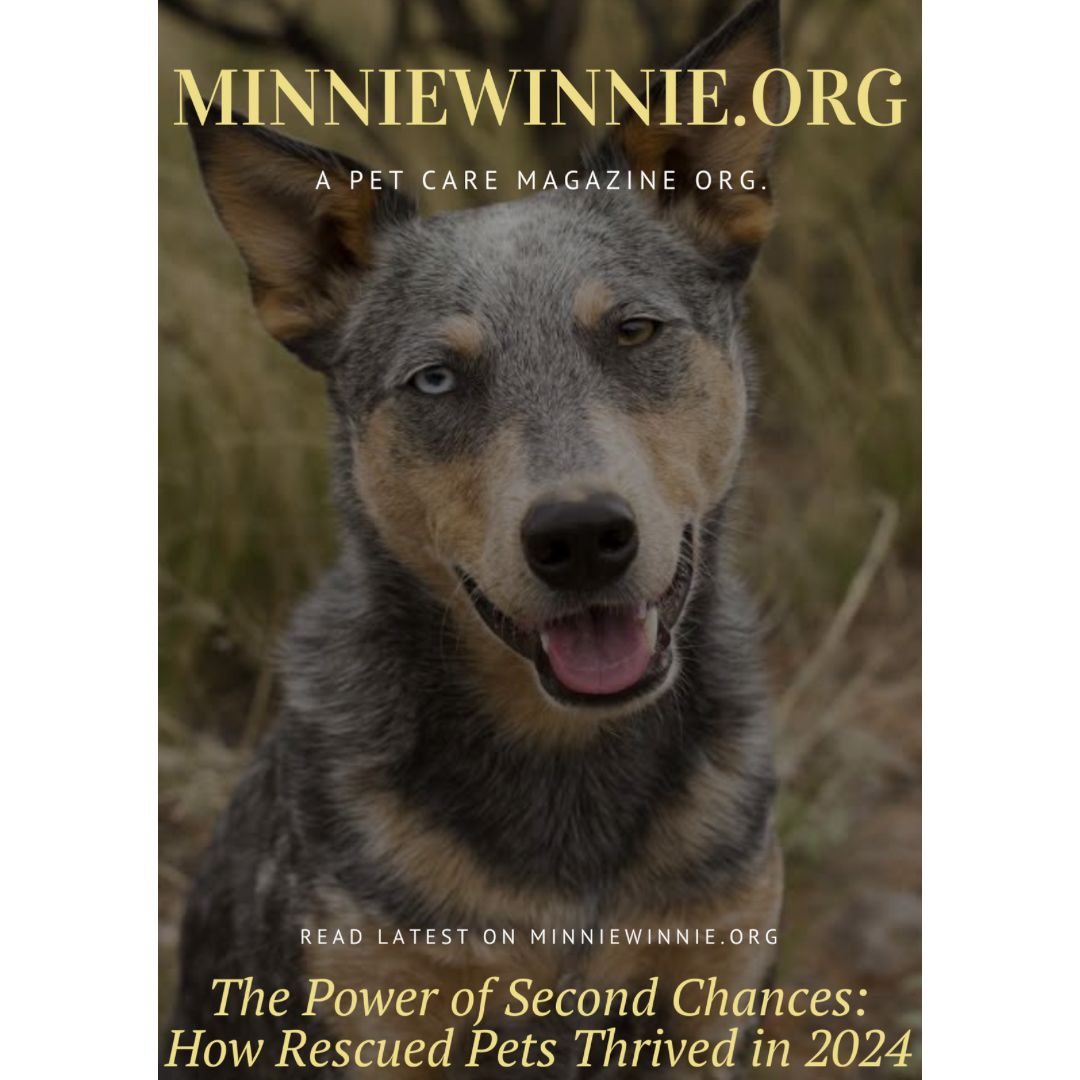The Power of Second Chances: How Rescued Pets Thrived in 2024
In 2024, the narrative surrounding rescued pets took on a new level of significance. Stories of second chances and transformations resonated deeply with a global audience, as more people opened their hearts and homes to animals in need. This year marked a significant shift in the way society perceived and treated rescued animals, showcasing the profound impact that compassion and care can have on these once-neglected beings.
The Surge in Pet Adoptions
The year saw a remarkable increase in pet adoptions, driven by various factors, including the lasting effects of the pandemic, heightened awareness about animal welfare, and the rise of social media campaigns. Animal shelters reported record numbers of adoptions, with many seeing their kennels and cages empty for the first time in years. This surge was not just about finding homes for animals; it was about giving them a new lease on life.
Transformative Stories of Rescued Pets
Every rescued pet has a story, and 2024 was filled with heartwarming tales of transformation. One such story is that of Bella, a mixed-breed dog who had been abandoned and found malnourished on the streets. Bella’s initial days in the shelter were filled with fear and uncertainty. However, thanks to the dedicated staff and a loving adoptive family, Bella blossomed into a playful and affectionate companion. Her journey from a scared, skinny pup to a joyful, energetic dog was a testament to the resilience of rescued pets.
Another inspiring story is that of Whiskers, a senior cat who had spent most of his life in and out of shelters. At ten years old, Whiskers finally found his forever home with a couple who were looking for a calm and loving pet to complete their family. Despite his age and past hardships, Whiskers quickly adapted to his new environment, showing that it’s never too late for a second chance.
The Role of Technology and Social Media
Technology and social media played pivotal roles in the success of pet adoptions in 2024. Platforms like Instagram, Facebook, and TikTok became powerful tools for animal shelters and rescue organizations to showcase their animals and reach potential adopters. Viral videos of pets doing adorable and funny things captured the hearts of millions, turning likes and shares into actual adoptions. Hashtags like #AdoptDontShop and #RescuePetsRock trended frequently, raising awareness and encouraging more people to consider adoption.
The Benefits of Rescuing Pets
Adopting a rescued pet comes with numerous benefits, both for the animals and their new owners. For the pets, it means a safe and loving home where they can thrive physically and emotionally. Many rescued animals display remarkable transformations, shedding their fears and anxieties to become loving and loyal companions.
For the adopters, the benefits are equally profound. Studies have shown that owning a pet can improve mental health, reduce stress, and provide a sense of purpose. The bond between rescued pets and their owners is often incredibly strong, rooted in the mutual gratitude and love that comes from giving and receiving a second chance.
The Future of Rescued Pets
Looking ahead, the momentum of 2024 suggests a bright future for rescued pets. Continued efforts in animal welfare education, increased support for shelters, and the ongoing use of technology will likely lead to even more successful adoptions. As more people experience the joy of rescuing and being rescued by their pets, the societal perception of shelter animals will continue to evolve positively.
In conclusion, 2024 was a landmark year for rescued pets, demonstrating the incredible power of second chances. The heartwarming stories of transformation, the role of technology in facilitating adoptions, and the undeniable benefits of rescuing pets all contributed to a year filled with hope and love. As we move forward, the success of 2024 serves as an inspiration to continue advocating for and supporting the animals that need it most, proving that every pet deserves a chance to thrive.










